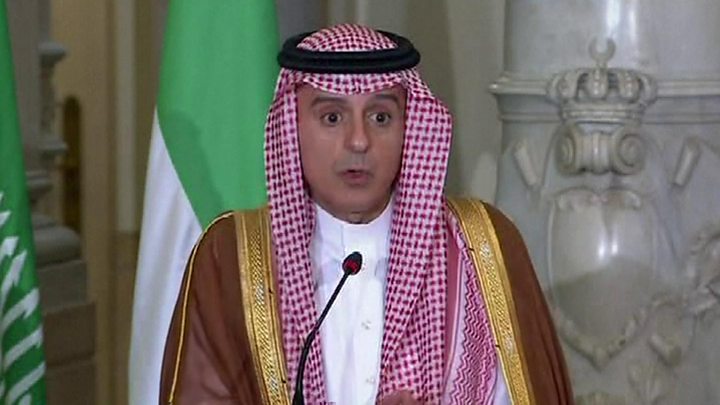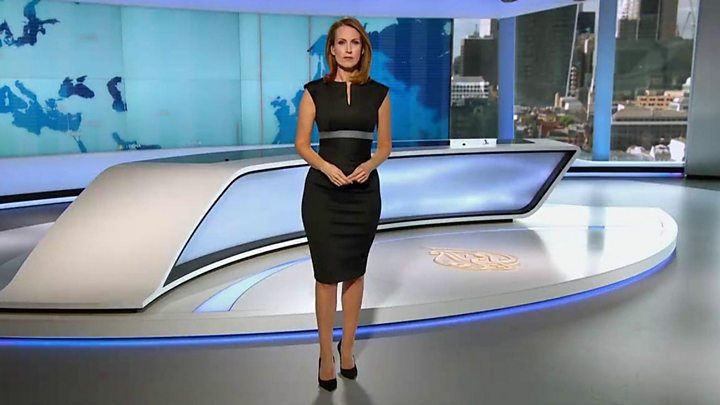The latest talks aimed at reunifying Cyprus have ended without a deal.
The Greek- and Turkish-Cypriot communities have been split since conflict erupted in 1974. A UN buffer zone separates the two sides.
A round of UN-backed talks in Switzerland, which began in January, were seen as the best chance to move towards a two-state federation.
But despite some signs of progress, the negotiations were deadlocked and called off early on Friday.
UN Secretary-General Antonio Guterres told reporters: "Despite the very strong commitment and engagement of all the delegations and the different parties... the Conference on Cyprus was closed without an agreement being reached."
The admission came hours after he flew in to meet Greek Cypriot President Nicos Anastasiades and Turkish Cypriot leader Mustafa Akinci, and after US Vice-President Mike Pence had phoned the leaders urging them to "seize this historic opportunity".
At the start of the talks, Mr Guterres had said he was hopeful a deal was "very close".
One of the sticking points was over whether 30,000 Turkish troops could stay on after reunification.
President Recep Tayyip Erdogan said removing them was "out of the question" unless Greece committed to removing its 1,000 troops.
Another obstacle to the deal was the question over how to return property to tens of thousands of Cypriots who fled their homes when Turkey invaded the north of the island in 1974.
That invasion was in response to a military coup on the island which was backed by the Athens government.
The UK, Greece and Turkey currently maintain Cyprus's security.
The two British military bases on the island would not have been affected by the negotiations.
- 1955 - Greek Cypriots seeking unification with Greece begin guerrilla war against British rule
- 1960 - Independence from British rule leads to power-sharing between Greek Cypriot majority and Turkish Cypriot minority
- 1963 and 1964 - inter-communal violence
- 1974 - Cypriot President, Archbishop Makarios, deposed in a coup backed by Greece's military junta - Turkey sends troops to the island, who then occupy a third of it in the north
- 1983 - Rauf Denktash declares breakaway Turkish Republic of Northern Cyprus, recognised only by Turkey
- 2004 - The internationally-recognised Cyprus joins the EU, after a UN peace plan was backed by Turkish Cypriots but rejected by Greek Cypriots
- BBC NEWS

















